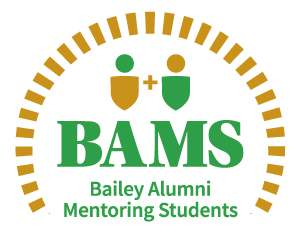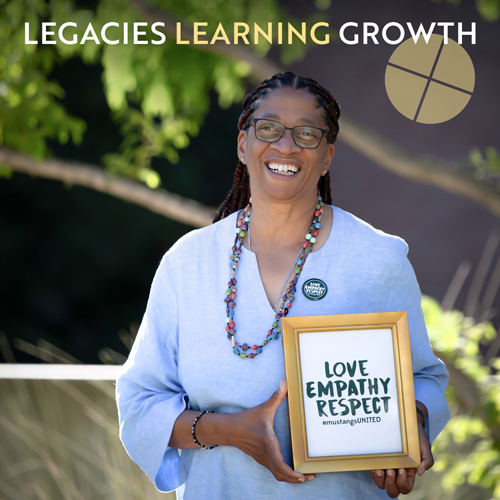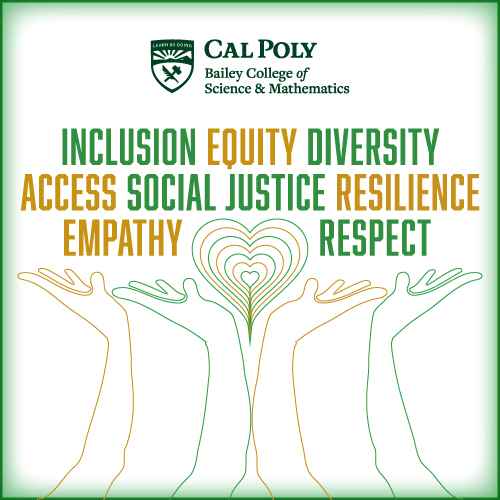Future Teachers Research Student Learning
May 23, 2013
Contact: Todd Grundmeier
805-756-1658; tgrundme@calpoly.edu
SAN LUIS OBISPO — Three future teachers from Cal Poly's School of Education are investigating what's happening inside the minds of mathematics students. They recently presented their findings alongside professors, doctoral students and other professionals at the Conference on Research in Undergraduate Mathematics Education.
Alyssa Eubank, Shawn Garrity and Dara Stepanek's Learn by Doing didn't stop when they completed their research. "They did such good work for their senior projects that we were able to propose a talk," said Todd Grundmeier, one of the mathematics professors leading the research.
As the only undergraduate presenters at the conference, the Cal Poly students got to see just how good their work was.
"I had read and cited research completed by many conference attendees in my own work, and those same experts were interested enough in our research that they attended our talk," Stepanek said. "The realization that my interests, ideas and research were well-received amongst experts and professionals was a very empowering experience."
Through hobnobbing with other presenters, the students joined a professional network that can provide collaboration and support throughout their future careers.
"We were opened up to a whole new world of research in mathematics education, with a community of its own," Garrity said.
"I now have contacts all over the United States and Canada that are interested in further developing ideas that I have had — it's mind-boggling," Stepanek said.
Eubank and Garrity studied the differences between two styles of learning proofs: traditional lecture and inquiry-based learning, in which students are given the tools to solve problems and their answers are critiqued by their peers. Students in inquiry-based learning classes wrote proofs that demonstrated a greater amount of creativity.
"Proof is a big topic in undergraduate math. How well students do hinges on their ability to prove things," Grundmeier said.
Stepanek focused on the questions a person asks herself as she's solving a math problem. Initial data analysis reveals that high achievers question their own problem-solving process while low and middle achievers are trying to understand what the question is about.
"Getting into their minds and understanding what's happening will enable us to be better teachers," said Dylan Retsek, the other faculty leader on the project.
And that's good news for up-and-coming high school math students. "For future teachers, thinking more deeply about how mathematics is learned or taught is hugely important. When these students go on to be high school math teachers, engaging in this type of research is entirely possible. This experience may make them more interested in doing something in their future classrooms," Grundmeier said.
###




